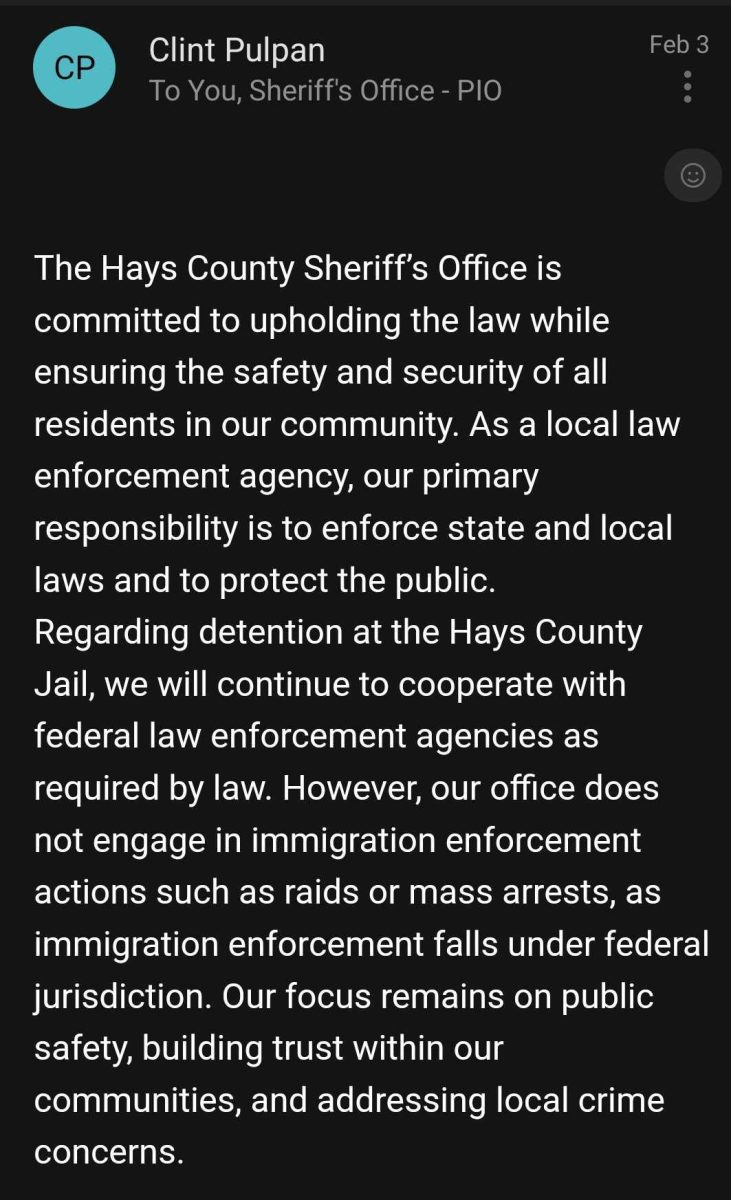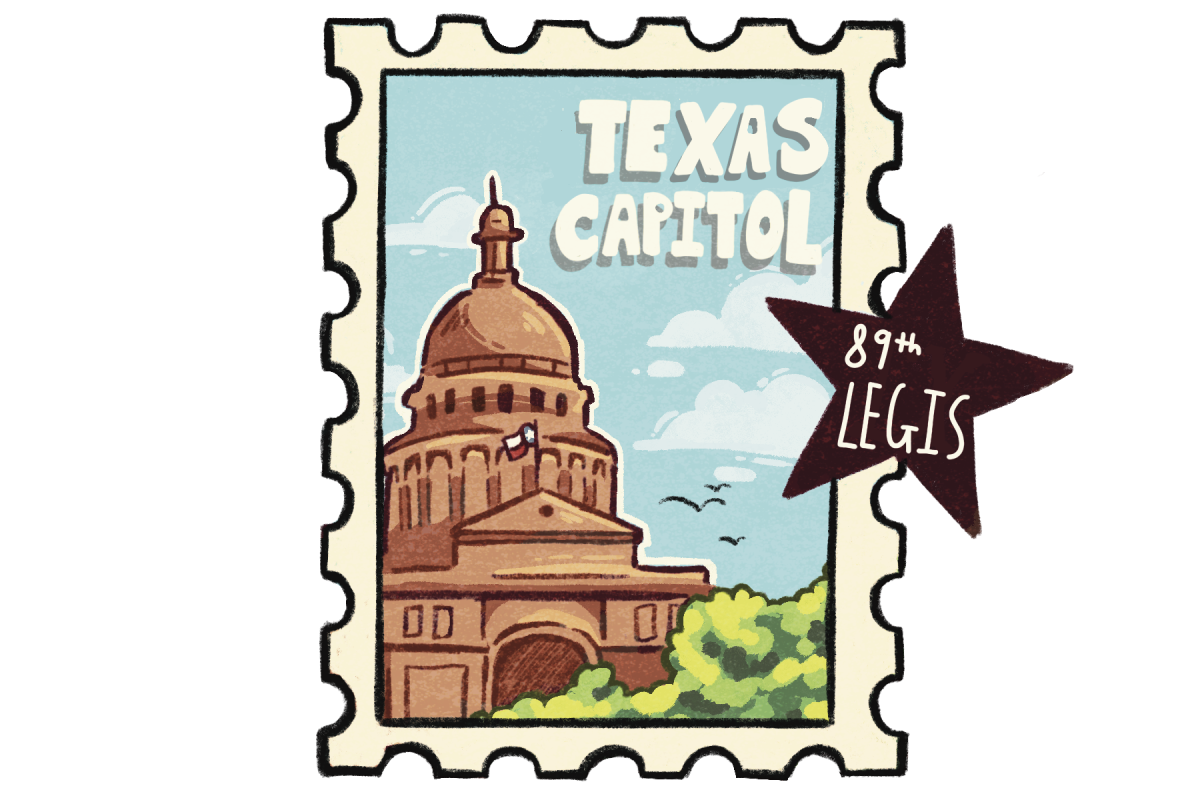It’s back-to-school time in Texas which means millions of students will be returning to classrooms. This year, schools will look a little different due to new state laws.
The regular session for the Texas 88th Legislature ended in May, but not before passing several laws that change the rules surrounding public schools. These new laws address a wide variety of issues and will go into effect Sept. 1.
“The House and Senate did a great job to provide transformative changes for education in the state of Texas,” Texas Governor Greg Abbott said in a June 12 bill signing ceremony.
HB 1605 allows the Texas Education Agency (TEA) to create standardized instructional materials, for instance, lesson plans that school districts could use instead of teachers writing their own lesson plans. The bill would also require school districts to have a method for parents to review the instructional material, and would prevent teachers from being punished for violating the Establishment Clause, but only if the teacher was using the material created by the TEA.
“[The TEA is] trying to make sure that every kid has access to the same quality education,” Dr. Michael Cardona, the superintendent of San Marcos CISD said. “But there are 1,200 school districts [in Texas] and what a school district in West Texas with 100 students needs maybe is not the same as San Marcos CISD.”
HB 900 requires book vendors to assign ratings to books based on references to or depictions of sex. Books rated to be “sexually explicit” will have to be removed from school shelves and books deemed “sexually relevant” will require a parent’s permission to be checked out. According to Cardona, San Marcos CISD has already received a list of 100 books deemed not appropriate, but only found one of those books on its shelves.
“I understand not wanting students to read books with sexual content,” Ciara Radosta, an elementary education senior, said. “I just think a huge reason why humans choose to read literature is to take you to another world and to ban things just because you don’t agree with them has the ability to stifle humanity’s imagination and creativity.”
HB 3, which focuses on school security, requires at least one armed security officer per campus, but allows for exceptions for schools who can’t afford a security officer. Schools seeking an exemption must have an alternative, such as a marshal or armed staff member. The bill also requires school staff to complete mental health training, and assigns the TEA to monitor implementation of the new safety requirements.
According to San Marcos CISD officials, the school district had already begun using mental health training and resources.
“We started mental training, mental health toolkits. We do a lot. Most of our campuses have a mental health check in. We call them ‘zones of regulation’,” Cardona said.
SB 763, a highly controversial bill, allows school districts to employ or use volunteer chaplains as counselors. Many parents, church officials, and especially school officials hold concerns that chaplains will be used to try and recruit students for their churches, something they don’t feel is appropriate in public schools.
“Had a former Presbyterian minister email me,” Cardona said. “He’s like ‘I was a chaplain. When I became a chaplain my mission was to recruit members into the Presbyterian church.’ I don’t want a chaplain on campus.”
HB 567, also known as the Crown Act, banned race-based hair discrimination in Texas, which will require schools to change their dress codes to be more in line with the bill. According to Cardona, San Marcos CISD’s policy is already in line with the Crown Act.
“Our director of Student Support Services goes through all the legal guidance, but our dress code has never been an issue. It’s pretty respectful to everybody,” Cardona said.
HB 100 was initially a bill granting increased funding to public schools and raises to school staff members, but by the end of the session it became a bill for the Governor’s pet project, school vouchers. The bill was heavily debated back and forth in the two legislative chambers before ultimately failing.
“This is extremely discouraging. I’m currently a preservice teacher, so I don’t have any experience on exactly everything teachers do, but from what I am learning, it is a lot,” Radosta said. “Teachers deserve better.”
For more information on legislative changes involving schools visit the Texas Association of School Boards website.





















